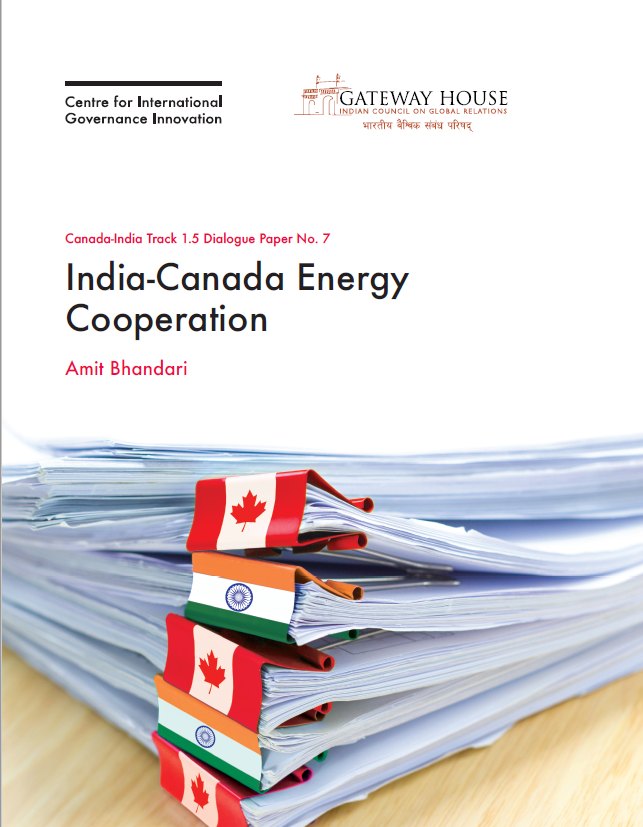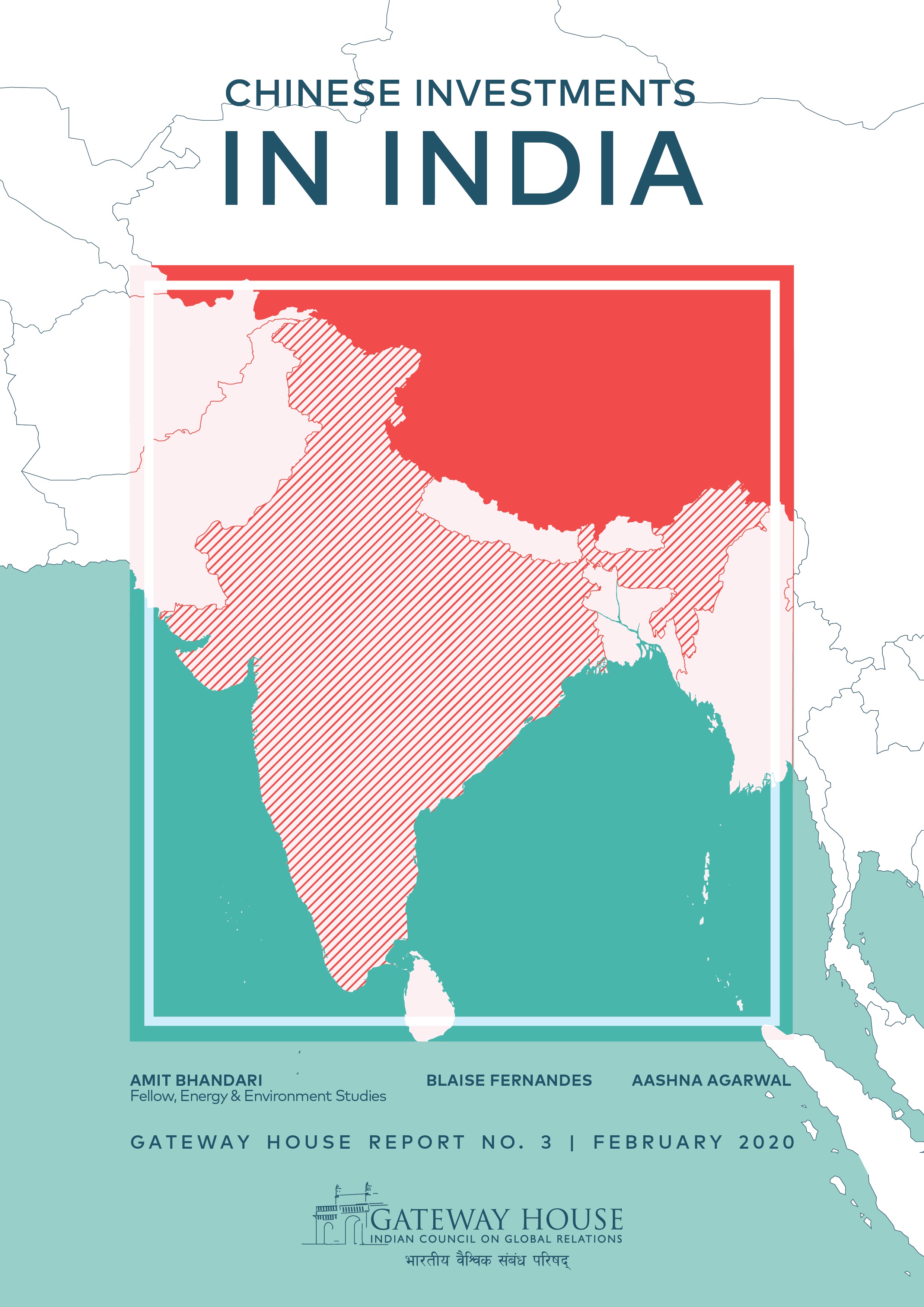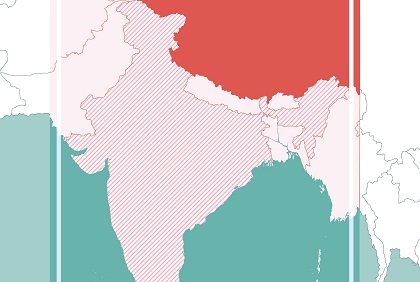 Courtesy: Gateway House & CIGI
Courtesy: Gateway House & CIGI
Canada has been one of the biggest success stories in oil over the past few years. India should consider financial investments in Canadian energy assets as a means to secure its energy supplies.
 Courtesy: Gateway House & CIGI
Courtesy: Gateway House & CIGI
Canada has been one of the biggest success stories in oil over the past few years. India should consider financial investments in Canadian energy assets as a means to secure its energy supplies. This paper studies the feasibility and prospects for Indian investment in Canada's petroleum sector.
 Courtesy: Shutterstock
Courtesy: Shutterstock
The government’s short-term approach to tax planning brings in immediate revenues but has the long-term downfall of driving away business, and encouraging tax evasion. No country has taxed its way to prosperity and India is no exception.
 Courtesy: Shutterstock
Courtesy: Shutterstock
The OPEC’s proposed cut in oil production earlier this week may not enable the energy market to recover. Recovery is likely only after COVID-19 is brought under control, but there are ways India can capitalise on the current low oil prices for its own energy security
 Courtesy: Shutterstock
Courtesy: Shutterstock
The Coronavirus pandemic has caused crude oil prices to crash almost 40% even as Saudi Arabia and Russia pump more oil into the market. Fears are rife that this crisis will hit demand. There are repercussions on the U.S., the world’s top oil producer, on India, one of its new clients, and on the Gulf Cooperation Council countries
 Courtesy: Gateway House
Courtesy: Gateway House
Over the last five years, China has quietly created a significant place for itself in India – in the technology domain. While India has refused to sign on to China's Belt and Road Initiative (BRI), this report shows India's positioning in the virtual BRI to be strategically invaluable for China. Nearly $4 billion in venture investments in start-ups, the online ecosystem and apps have been made by Chinese entities. This is just the beginning; there is more to come.
 Courtesy: Shutterstock
Courtesy: Shutterstock
U.S. President Donald Trump's recent visit to India gave a boost to bilateral energy ties. To really benefit, India’s state-owned oil companies should consider investing in U.S. shale oil. The U.S. is politically and economically stable and investors are not subject to arbitrary action. Indian companies should only be financial investors, not operators of assets, and bet on companies with manageable debt and efficient operations rather than short-term winners
 Courtesy: Gateway House
Courtesy: Gateway House
Over the last five years, China has quietly created a significant place for itself in India – in the technology domain. While India has refused to sign on to China's Belt and Road Initiative (BRI), this map shows India's positioning in the virtual BRI to be strategically invaluable for China. Nearly $4 billion in venture investments in start-ups, the online ecosystem and apps have been made by Chinese entities. This is just the beginning; there is much more to come.
 Courtesy: Shutterstock
Courtesy: Shutterstock
China’s clean-up of its cities and its success in improving urban air quality hold important lessons for India. But the outbreak of the corona virus and reports that news about it was initially suppressed tell a different story. While physical infrastructure is important, equally vital are a free media and an open society, where people are not afraid to speak
 Courtesy: MEA/Flickr
Courtesy: MEA/Flickr
Iran’s foreign minister Javad Zarif was in Mumbai on 16-17 January 2020, just days after the Iran-U.S. showdown in Iraq and the assassination of Iran’s top general. Zarif explained Iran’s dilemma to audiences in India and was hoping for public support. But the fact is that the January tensions are not Iran’s problem alone; it’s a global game-changer that has propelled the formation of new alliances

 Courtesy: Gateway House & CIGI
Courtesy: Gateway House & CIGI
 Courtesy: Gateway House & CIGI
Courtesy: Gateway House & CIGI
 Courtesy: Shutterstock
Courtesy: Shutterstock
 Courtesy: Shutterstock
Courtesy: Shutterstock
 Courtesy: Shutterstock
Courtesy: Shutterstock
 Courtesy: Gateway House
Courtesy: Gateway House
 Courtesy: Shutterstock
Courtesy: Shutterstock
 Courtesy: Gateway House
Courtesy: Gateway House
 Courtesy: Shutterstock
Courtesy: Shutterstock
 Courtesy: MEA/Flickr
Courtesy: MEA/Flickr
